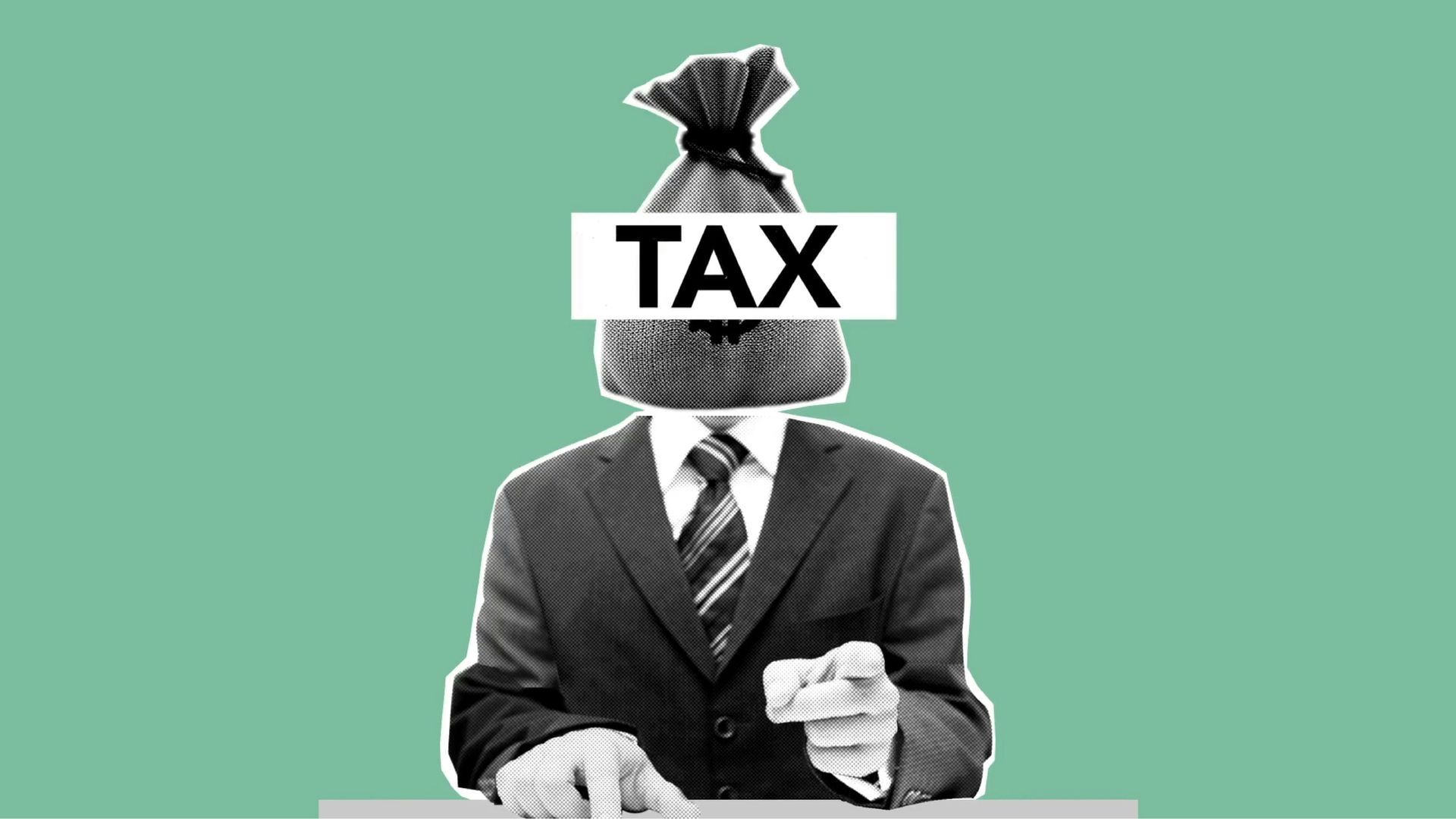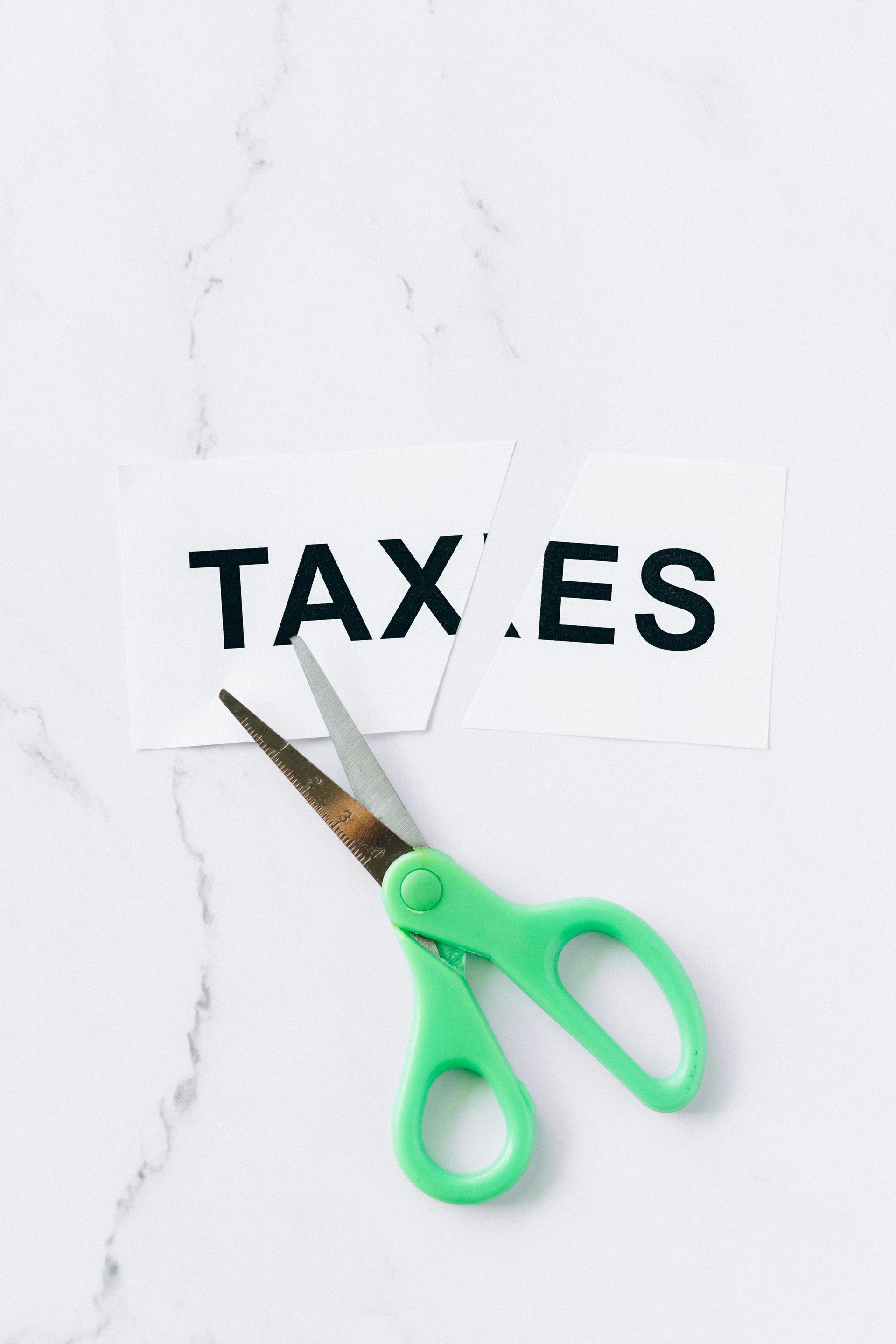Tax Reform Benefits For Small Business Owners
One of the main focuses of the tax reform was to provide tax breaks to both small business and corporations. This includes sole proprietors whom file a Schedule C on their tax return. So, if you have been thinking of starting your own business, 2018 is the time to do it. The tax savings on pass through entities is going to greatly impact small business owners in Milwaukee, Waukesha, and all of Southeastern Wisconsin. It will be important to begin tax planning throughout the year to make sure you make adjustments based on the new laws. Let’s take a more in-depth look at the specifics of the deductions….
Tax Reform Provides New 20% Deduction
The new 2018 Section 199A tax deduction that you can claim on your IRS Form 1040 is a big deal. There are many rules (all new, of course), but your odds as a business owner of benefiting from this new deduction are excellent.
Rejoice if you operate your business as a sole proprietorship, partnership, or S corporation, because your 2018 income from these businesses can qualify for some or all of the new 20 percent deduction.
You also can qualify for the new 20 percent 2018 tax deduction on the income you receive from your real estate investments, publicly traded partnerships, real estate investment trusts (REITs), and qualified cooperatives.
When can you as a business owner qualify for this new 20 percent tax deduction with almost no complications?
To qualify for the 20 percent with almost no complications, you need two things: First, you need qualified business income from one of the sources above to which you can apply the 20 percent. Second, to avoid complications, you need “defined taxable income” of
- $315,000 or less if married filing a joint return, or
- $157,500 or less if filing as a single taxpayer.
Example . You are single and operate your business as a proprietorship. It produces $150,000 of qualified business income. Your other income and deductions result in defined taxable income of $153,000. You qualify for a deduction of $30,000 ($150,000 x 20 percent).
If you operate your business as a partnership or S corporation and you have the qualified business income and defined taxable income numbers above, you qualify for the same $30,000 deduction. The same is true if your income comes from a rental property, real estate investment trust, or limited partnership.
Some unfriendly rules apply to what Section 199A calls a specified service trade or business, such as operating as a law or accounting firm. But if the doctor, lawyer, actor, or accountant has defined taxable income less than the thresholds above, he or she qualifies for the full 20 percent deduction on his or her qualified business income.
In other words, if you are a lawyer with the same facts as in the example above, you would qualify for the $30,000 deduction.
Once you are above the thresholds and phaseouts ($50,000 single, $100,000 married filing jointly), you can qualify for the Section 199A deduction only when
- you are not in the out-of-favor group (accountant, doctor, lawyer, etc.), and
- your qualified business pays W-2 wages and/or has property.
Phaseout for New 20% Deduction
If your pass-through business is an in-favor business and it qualifies for tax reform’s new 20 percent tax deduction on qualified business income, you benefit at all times, including being above, below, or in the expanded wage and property phase-in range.
On the other hand, if your business is a specified service trade or business (doctors, lawyers, accountants, actors, athletes, traders, etc.), it is in the out-of-favor group and you benefit only when you are in or below the phaseout range.
Once your taxable income exceeds the threshold amounts above, you arrive in one of the four possible categories below:
- Phase-in range for a non-specified service trade or business
- Phaseout range for a specified service trade or business
- Above the phase-in range for an in-favor non-specified service trade or business
- Above the phaseout range for an out-of-favor specified service trade or business
If your taxable income is going to be above the threshold amounts that trigger the phase-in or phaseout issues, contact us so we can spend some time on your tax planning.
How the 20% Deduction Works for a Specified Service Provider
As discussed above, the 20 percent tax deduction under new 2018 tax code Section 199A is a very nice tax break for business owners, except for owners with high income who also fall into the out-of-favor group.
In general, the out-of-favor group includes lawyers, doctors, accountants, tax professionals, consultants, athletes, authors, securities traders, actors, singers, musicians, entertainers, and others.
Getting just a little more technical, the out-of-favor “specified service trade or business” group includes any trade or business
- involving the performance of services in the fields of health, law, consulting, athletics, financial services, and brokerage services; or
- where the principal asset of such trade or business is the reputation or skill of one or more of its employees or owners; or
- that involves the performance of services that consist of investing and investment management trading, or dealing in securities, partnership interests, or commodities. For this purpose, a security and a commodity have the meanings provided in the rules for the mark-to-market accounting method for dealers in securities (Sections 475(c)(2) and 475(e)(2), respectively).
Notably, engineers and architects who had previously been in the out-of-favor professionals group somehow escaped the group with passage of this new law.
When you are a member of the out-of-favor group, your Section 199A deduction on your out-of-favor business is zero when you have taxable income of more than
- $415,000 if married filing a joint return, or
- $207,500 filing as a single taxpayer.
Preserve the Deduction with an S Corporation
Will your business operation create the 20 percent tax deduction for you?
If not, and if that is due to too much income and a lack of (a) wages and/or (b) depreciable property, a switch to the S corporation as your choice of business entity may produce the tax savings you are looking for.
As mentioned above, to qualify for the full 20 percent deduction on your qualified business income under new tax code Section 199A, you need defined taxable income of less than $157,500 (single) or $315,000 (married).
If your taxable income is greater than $207,500 (single) or $415,000 (married), you don’t qualify for the Section 199A deduction unless you pay W-2 wages or have property.
Example . Sam is single, not in the out-of-favor specified service trade or business group (doctors, lawyers, consultants, etc.), operates a sole proprietorship that generates $400,000 of proprietorship net income, and has taxable income of $370,000. In this condition, Sam’s 20 percent Section 199A tax deduction is zero.
Here’s how the S corporation helps Sam. The S corporation pays Sam a reasonable salary, let’s say that’s $100,000. With this salary, Sam pockets
- $10,871 on his self-employment taxes, and
- $17,500 on his newfound 20 percent deduction under new tax code Section 199A.
Tax Reform Destroys Entertainment Deductions for Businesses
First, lawmakers reduced the directly related and associated entertainment deductions to 80 percent with the 1986 Tax Reform Act. Later, in 1993, they reduced that 80 percent to 50 percent.
And now, with the newest tax reform, lawmakers simply killed business deductions for directly related and associated entertainment effective January 1, 2018.
For example, during 2017, you could take a prospect or client to a business dinner followed by the theater or a ballgame and deduct 50 percent of all the monies spent, providing you passed some tax law tests on business discussion and associated entertainment.
Now, in what you and I thought was a business-friendly tax reform package, you find that lawmakers exterminated a big chunk of business entertainment. You can no longer deduct entertainment that has as its mission the generation of business income or other specific business benefit.
The 2018 tax reform prohibition against deductible entertainment is true regardless of your business discussion, negotiation, business meeting, or other bona fide transaction.
Here’s a short list of what died on January 1, 2018, so you can get a good handle on what’s no longer deductible:
- Business meals with clients or prospects
- Golf
- Skiing
- Tickets to sports games—football, baseball, basketball, soccer, etc.
- Disneyland
Entertainment That Survived Tax Reform
As just discussed above, you may no longer deduct directly related or associated business entertainment effective January 1, 2018.
Common forms of directly related and associated entertainment that are no longer deductible include business meals with clients or prospects, golf, football games, and similar business-building activities.
That’s the bad news. The good news is that tax code Section 274(e) pretty much survived the entertainment bloodletting. Under this section, you continue to deduct
- entertainment, amusement, and recreation expenses you treat as compensation to employees and that are included as wages for income tax withholding purposes;
- expenses for recreational, social, or similar activities (including facilities therefor) primarily for the benefit of employees (other than employees who are highly compensated employees);
- expenses that are directly related to business meetings of employees, stockholders, agents, or directors (here, the law limits expenses for food and beverages to 50 percent);
- expenses directly related and necessary to attendance at a business meeting or convention such as those held by business leagues, chambers of commerce, real estate boards, and boards of trade (here, the law also limits expenses for food and beverages to 50 percent);
- expenses for goods, services, and facilities you or your business makes available to the general public;
- expenses for entertainment goods, services, and facilities that you sell to customers; and
- expenses paid on behalf of nonemployees that are includable in the gross income of a recipient of the entertainment, amusement, or recreation as compensation for services rendered or as a prize or award.
When you are considering using the above survivors of tax reform’s entertainment cuts, you will find good strategies in the following:
- Renting your home to your corporation.
- Taking your employees on an employee party trip.
- Partying with your employees.
- Making your vacation home a deductible entertainment facility.
- Creating an employee entertainment facility.
- Deducting the entertainment facility, because facility use creates compensation to users.
If you would like our help implementing any of the strategies above, please don’t hesitate to contact us.
Tax Reform Cuts Deductions for Employee Meals to 50 Percent
Tax reform (Public Law 115-97) includes winners and losers.
Employers who for their convenience provided business meals for their employees are losers—50 percent losers to start and then total losers later.
Meal costs that were 100 percent deductible for perhaps a half century or more are now limited to 50 percent, and that 50 percent becomes a big fat zero deduction beginning January 1, 2026.
Employee meals that were 100 percent deductible but are now 50 percent deductible beginning January 1, 2018, include
- meals served at required business meetings on your business premises;
- meals served at required business meetings in a hotel or other meeting place that passes the test for business premises but is located outside of the office;
- meals served to employees who are required to staff their positions during breakfast, lunch, and/or dinner times;
- meals served to employees at in-office cafeterias; and
- food and meal costs for employees who are required to live on premises for the convenience of the employer.
For 2018, you need an account in your chart of accounts that says something like “meals subject to 50 percent cut.” In this category, you can put travel meals and the meals above.
Tax Benefit for Business Vehicle Trade-In Eliminated
Beginning January 1, 2018, tax reform no longer allows Section 1031 exchanges on personal property such as your business vehicle.
The trade-in was the most common 1031 exchange of a business vehicle. Now, because of tax reform, the vehicle trade-in is simply the sale of the old vehicle to the dealer and the purchase of a new vehicle. The sale to the dealer creates gain or loss on the sale just as it would on an outright sale.
But having a taxable event does not necessarily mean that you are going to pay more taxes. There’s more than one nifty silver lining for many business taxpayers in this lost ability.
For example, if you pay self-employment taxes, you usually come out ahead if you use the “sell and buy” strategy rather than the trade-in strategy (Section 1031 exchange).
With the sell-and-buy strategy, you save self-employment taxes because
- you don’t pay self-employment taxes on the sale of your existing business vehicle, and
- you deduct depreciation and Section 179 expensing on your new vehicle (even when you use IRS mileage rates, you benefit).
Owners of S and C corporations don’t generate any self-employment tax savings on the sales and purchases of new vehicles. They just have gains and losses.
If you operate as a corporation and the sale or trade-in of your existing vehicle is going to produce a big taxable gain, why do it? Before tax reform, when you could avoid taxes with the trade-in, you could easily justify the newer vehicle. This isn’t the case with tax reform. More than ever, it’s important to calculate your tax result before you sell or trade in a vehicle or other personal property.
Tax Reform Creates Taxes on Employee Fringe Benefit for Bicycles
Tax reform created taxes on the employee fringe benefit for bicycles. You could (and can) deduct your costs for reimbursing employees for their qualified bicycle transportation costs. But tax reform now makes this bicycle transportation benefit a taxable event for your employees.
In what for this tax reform is an interesting twist, businesses may continue to pay the monthly $20 bicycle benefit, but they must add the benefit to the employee’s W-2 and subject it to withholding and payroll taxes. The employee continues to come out ahead with the bicycle reimbursement even though it’s taxable.
Example . Say the employee receives a $100 reimbursement and pays taxes at the 25 percent rate. The employee is $75 ahead ($100 – $25).
If you are an employer, you should consider continuing this fringe benefit because it does help your employee with his or her physical health and it costs you almost nothing. Because of tax reform, you’ll have to change your payroll for this fringe benefit, but that’s not likely to cause much trouble.
The post Tax Reform Benefits For Small Business Owners appeared first on Talking Tax to Milwaukee.
See More Blog Posts








